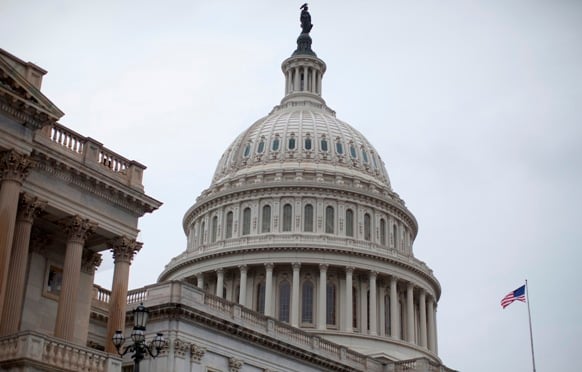Bachus bill could stall in upper chamber, but observers say Finra lobbying effort might help push it through
Opponents of a self-regulatory organization for investment advisers are pinning their hopes on the Senate to stop SRO legislation.
Last month, Rep. Spencer Bachus, R-Ala., chairman of the House Financial Services Committee, proposed draft legislation that would authorize one or more adviser self-regulatory organizations. Mr. Bachus is still weeks away from introducing a formal bill. When he does, it is likely to achieve House approval.
But that's where the process could grind to a halt, according to experts who participated on an SRO panel at the MarketCounsel Member Summit on Friday in Coral Gables, Fla.
“So far, we have not seen the Senate Banking Committee scrambling to set up an SRO for advisers,” said Denise Voigt Crawford, professor of law at Texas Tech University and former president of the North American Securities Administrators Association. “That is encouraging.”
Marilyn Mohrman-Gillis, managing director of public policy and communications at the Certified Financial Planner Board of Standards Inc., went a step further. “There's virtually no chance [an SRO] bill will go through the Senate this session,” she said.
Senate Banking Committee Chairman Tim Johnson is keeping his distance from the SRO issue. “Sen. Johnson believes the issue deserves further exploration before moving forward with any legislative proposals,” spokesman Sean Oblack wrote in an e-mail statement.
A spokesman for the top-ranking Republican on the committee, Sen. Richard Shelby, R-Ala., did not respond to a request for comment.
Mercer Bullard, a professor of law at the University of Mississippi, is less certain that the Senate will ignore the SRO issue. He said that the Financial Industry Regulatory Authority Inc. is having success pushing the House to move on an SRO bill and will continue that momentum across Capitol Hill.
“I would bet Finra will be able to get this bill through the Senate,” Mr. Bullard said. He pointed to the fact that the agency, which is the SRO for broker-dealers and wants to assume the same role for advisers, spent a record amount on lobbying in the first quarter of the year.
“Finra didn't hire Mike Oxley, former chairman of the House Financial Services Committee, for nothing,” Mr. Bullard said of the former Congressman who Finra recently hired to assist with its efforts in Washington.
In fact, Mr. Bullard surmised that Finra didn't send a representative to the MarketCounsel event because it is on a roll in building momentum for an SRO bill and wanted to keep a low profile.
“One of the reasons they're not here is when a bill is going successfully through one chamber of Congress, you don't get in the way and mess things up,” Mr. Bullard said.
Nancy Condon, a spokeswoman for Finra, declined to comment on the regulator's lobbying efforts.
The idea of Finra as an SRO is anathema to some advisers. They assert that the agency, which enforces rules for the suitability standard for brokers, lacks the expertise to administer the more stringent, principles-based fiduciary duty to which brokers must adhere.
But Finra is lobbying for an adviser SRO and asserted at a House Financial Services Committee hearing last month that it is well-positioned to fulfill that role. The agency has said that it will establish a separate governance structure for advisers that is sensitive to the characteristics of their business model.







